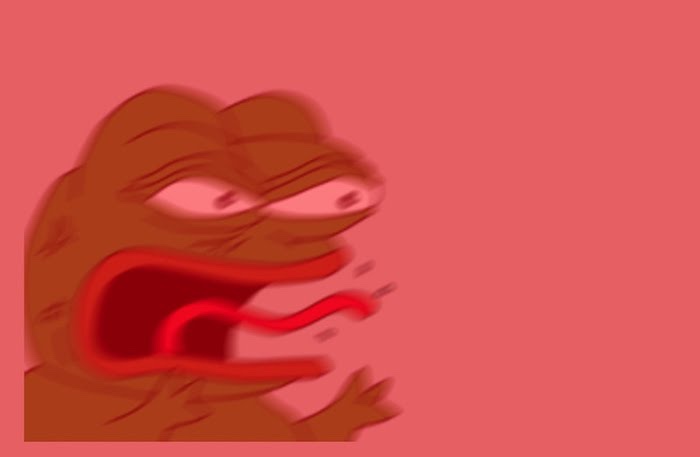I had almost nothing on my calendar today I didn’t want to do. I had small administrative things that took up maybe two hours and that’s excessive by my standards. It’s rare I ever have more than half an hour of genuine obligations. Mostly I just go where I feel like on any given day. I lay in bed on my phone and I move the world with strangers on the internet.
I’m not sure how I optimized for this kind of idyllic work life. I certainly didn’t used to live this way. When I was a founder I was constantly at the mercy of meetings I didn’t want and obligations I wanted to shirk. I always felt put upon. I never felt more like hustle culture owned my life than during my founding years. I was constantly optimizing and I felt like I never had any relief.
Maybe it’s the pandemic. Once we stopped with offices and workdays and all their attendant events and activities, life got a lot better. Everyone kind of settled into routines that made space for what mattered most to them. We no longer had cocktail parties or conferences. Thought leadership stopped being keynote speeches and started being shitposts on Twitter.
I don’t know what the fuck I did it exactly to free myself from that over scheduled fate. I’m so much happier and more efficient. I get shit done and I am less stressed and working fewer unnecessary hours.
Maybe part of it is that I might be a better investor than I was a founder. I could spend the whole day skipping through direct messages and sharing insights in Telegram group chats or having product breaksdowns in Notion. I’m actually good at what I do now. I bring more value and I do it more quickly. Maybe this is what real optimized work is like. You are so good it’s easy.
I’m so fucking happy right now. Over the last hour I’ve done more to advance my deals, connect my community and dig into shit that I genuinely passionately love than I thought I could do in an week. It’s like winning the lottery. I cannot believe I make money doing this.
I basically gossip all day with super smart people and then trade a bunch of densely coded social signals. Those all translate into money. I plot elaborate stories with fellow degenerates with deep aesthetics and then we send it into media zeitgeist. It’s like I work in fashion but the pay is much much better. So I guess it is true what they say. Do what you love and you never work a day I’m your life.
